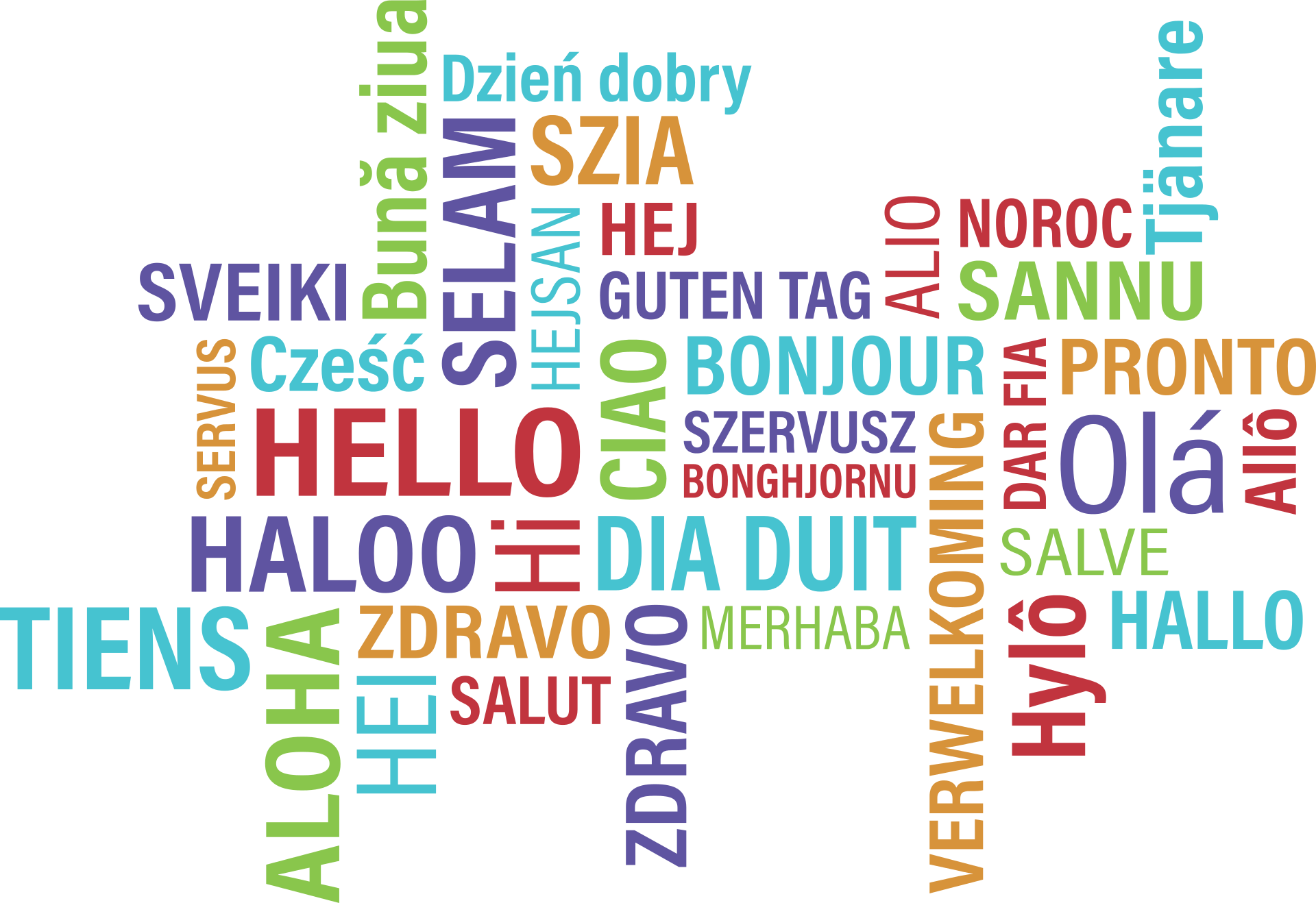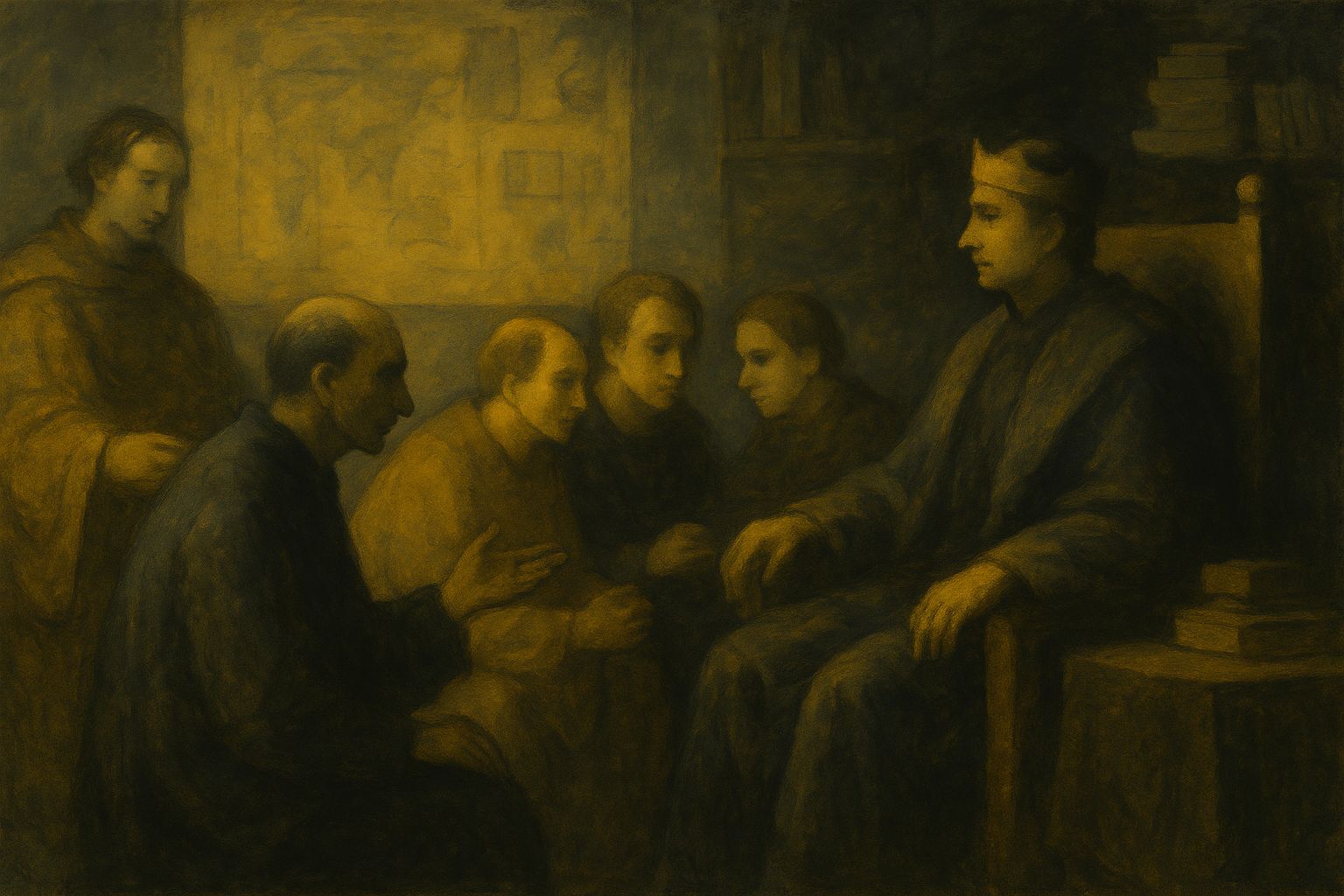
How many friends do you have? Like, really have? If I ask you to grab a piece of paper and write down the names of your friends, how many show up? (I have a better set of questions for you. Read on)
The other day, I saw my daughter list her friends. I was intrigued and we got into a conversation. Very soon, it was her turn to ask me the question, ‘How many friends do you have? I mean, really?’
I asked her what that meant and how she defines it.
She said, only people with whom I could discuss anything and everything could make it to the list. One more criteria she threw in as an afterthought: ‘friends are those who will not laugh at you for who you are or what you say.’
I smiled at her criteria and the rich strands it had. We moved on to other topics. But “How many friends do you have” kept ringing in my ear. Leading me to wonder when was the last time I had even spoken to some of them!
Friends are key
Friends and friendships are important. There is a ton of research that points to this. From giving purpose for life to increasing self-confidence and even dealing with special circumstances like trauma, friends help. Studies have found that older adults who have meaningful relationships and social support are likely to live longer than their peers with fewer connections.
Yet, how many of us really work on expanding our friends network and to deepen the relationships with the ones that we have now? I asked a few people around. A cursory survey on friendships, if you will. I found that an overwhelming part of the (small) sample set agreed that that they hadn’t paid any attention to building their friendships. Sure, the pandemic got several of them to get back in touch. But afterwards, there’s been very little time for friends.
Typical responses include:
“Friendships happen. Or they don’t.”
“Work is my real friend”
“Who has the time?”
“I am an introvert”
I also knew that most of these people worked out regularly at the gym. They had physical fitness on top of their lists. Well built bodies and broken social circles and promises to call that never went beyond being a promise was common. It was obvious that being members of derelict WhatsApp groups that peddle good morning messages and mind numbing ‘facts’ didn’t count for them! Thank God!
So how many friends do you have?
You see, we need friends. Friendships and social circles are not optional extras. They happen by default in our early years. In school and college they are aided by both high frequency and intensity of opportunity to interact.
Our modern day lives can easily lead us to stay consumed with our own busy lives. Friendships don’t happen automatically. And in the scheme of things, they get deprioritised and are regarded as a distraction.
Friendships and social circles are an asset. And like any other asset, need nurturing with a lot time and care.
The other day, I reached out to a dear friend who was wealthy in his friends. An unassuming shy chap who doesn’t want to be identified here. We had a fantastic conversation on friendship that started out with my daughters question of “how many friends do you have?”
It began with him saying that my daughter is climbing the wrong tree. The right question, according to him was “how many friends was I able to help in the recent past?”
One topic lead to another and we didn’t know how two hours evaporated without a trace. On the flight back I wrote down what stayed with me from our conversation. Five pointers emerged.
- The first question is “how can I help?” He told me that it’s both a question and a mindset. And a degree of care without expecting anything in return.
- Friendships have a habit of growing and provide value that are often not tangible. Don’t evaluate and judge for material value at every turn. Have fun.
- Be prepared to take the first step. Be it opening your heart out or your wallet.
- Listen. Listen. Listen.
- When things are going south, go back to Point one.
I remember being in awe of his network. And it tuned out that he was not really into building networks. He was into making time for others. That has been a life lesson.

Every fortnight I put out The OWL Despatch. A short essay of what I think will help you and a curation of interesting reads. This is edition #106.
- Reid Hoffman, co-founder of LinkedIn says cultivating close friendships may be your life’s most important work, at the Graduates day address in May this year. Watch or read the speech here.
- How Scottie Scheffler’s family helped him win the Masters
- On First Looking into a Microscope
- Something extraordinary is happening in the world and most people haven’t noticed
- GenZ does not dream of labour
That’s that for this edition. I look forward to talking to you soon.







